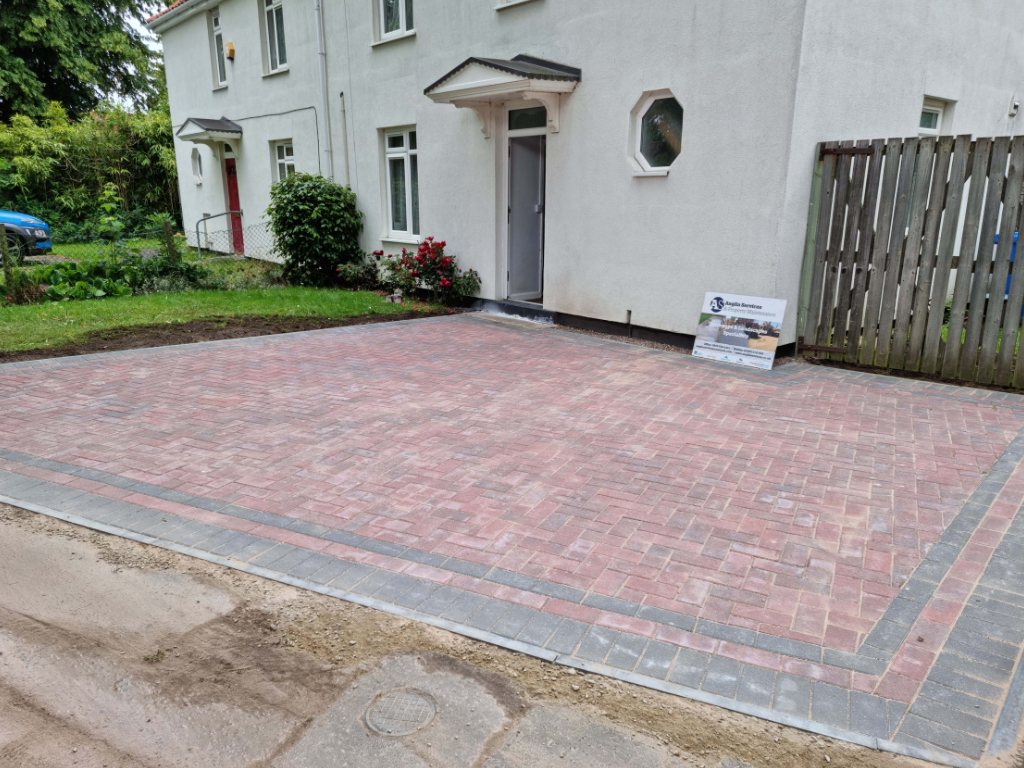Farm Road Tarmac Surfacing: Designed for Heavy Machinery
Introduction
Farm roads work harder than the average driveway. Whether it’s tractors, grain lorries, or agricultural trailers, the surfaces on rural land need to withstand significant weight and frequent use. In Ely and the surrounding Cambridgeshire countryside, having a durable, low-maintenance surface is not just a convenience—it’s a necessity. That’s where tarmac surfacing for farm roads comes into its own.
At Ely Driveways & Surfacing, we specialise in installing high-performance tarmac surfaces that can handle the unique demands of agricultural life. If you’re looking for a reliable, long-term solution for your farm access roads, this guide will explain why tarmac is trusted by farmers across the UK.
Why Tarmac Is Ideal for Agricultural Use
Farm environments are unforgiving—mud, constant moisture, and the weight of heavy machinery all contribute to accelerated surface wear. Tarmac has become the go-to option for many landowners because:
- It offers a strong, load-bearing surface suitable for tractors and trailers
- Tarmac can be laid to follow long, winding farm tracks with ease
- It provides a smooth and even surface that prevents vehicle damage
- Maintenance is minimal, and repairs are straightforward if needed
- Properly installed tarmac stands up well to extreme weather conditions
Unlike gravel, which shifts under pressure, or concrete, which is prone to cracking, tarmac offers the perfect middle ground for resilience and flexibility.
Built for Weight, Built to Last
Modern tarmac farm roads are built using deep base layers, ensuring they can take the repeated impact of agricultural loads without rutting or breaking up. This is particularly valuable during harvest or wetter months, when machinery usage is heaviest.
We use carefully graded aggregates and a high-grade binder to produce a finish that doesn’t just look professional but also performs reliably in all seasons.
Advantages Over Other Surfaces
When compared with other surfacing methods commonly seen on farms, tarmac consistently comes out ahead:
- Gravel: Low cost, but moves easily, causes dust, and wears quickly
- Concrete: Strong, but inflexible and more prone to cracking
- Tar and chip: Decent for some farm areas, but not as robust under heavy machinery
- Tarmac: Durable, adaptable, smooth, and easy to repair
Choosing tarmac surfacing helps reduce wear and tear on farm vehicles and can improve site access in all conditions—boosting overall efficiency.
Easy Maintenance with Long-Term Value
Tarmac doesn’t just offer strength—it brings peace of mind. Occasional patching is simple, and drainage can be built in during the design phase to prevent water pooling and degradation. With minimal upkeep, a well-laid tarmac road can last for decades.
Conclusion
If your farm roads are struggling under the weight of daily use, it might be time to invest in a surfacing solution that’s up to the job. Tarmac provides the load-bearing capacity, weather resistance, and ease of maintenance that modern farming operations demand.
At Ely Driveways & Surfacing, we’ve worked with landowners across Cambridgeshire to create durable, practical access roads that stand the test of time. Ready to improve your farm’s infrastructure? Get in touch with us today for a tailored, no-obligation quote.
Call us on: 01353 880 898
Click here to find out more about Ely Driveways & Surfacing
Click here to complete our contact form and see how we can help with your driveway needs.

